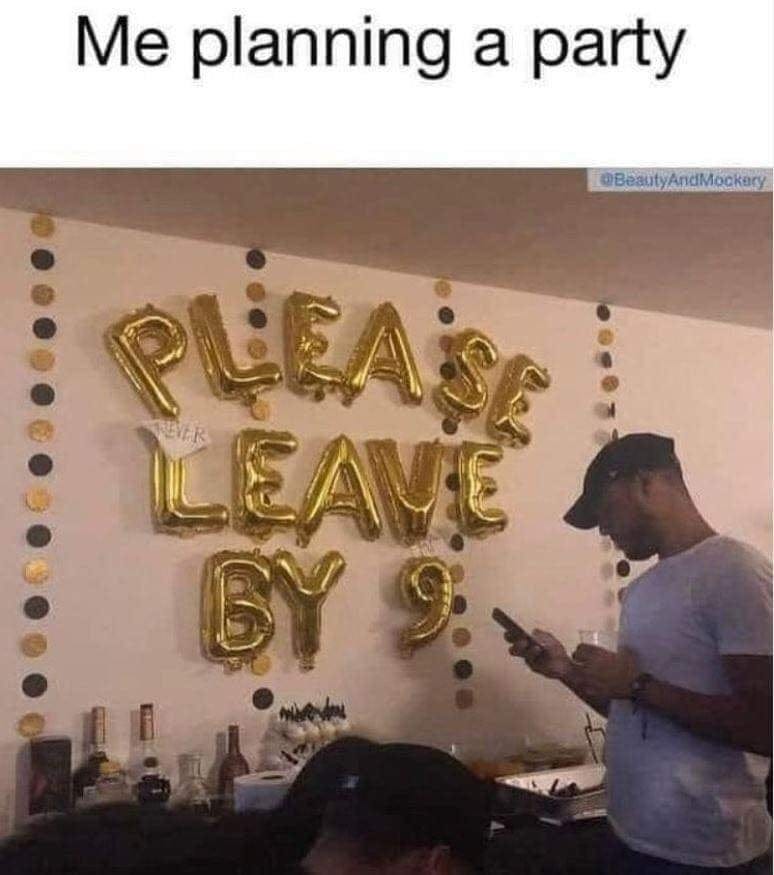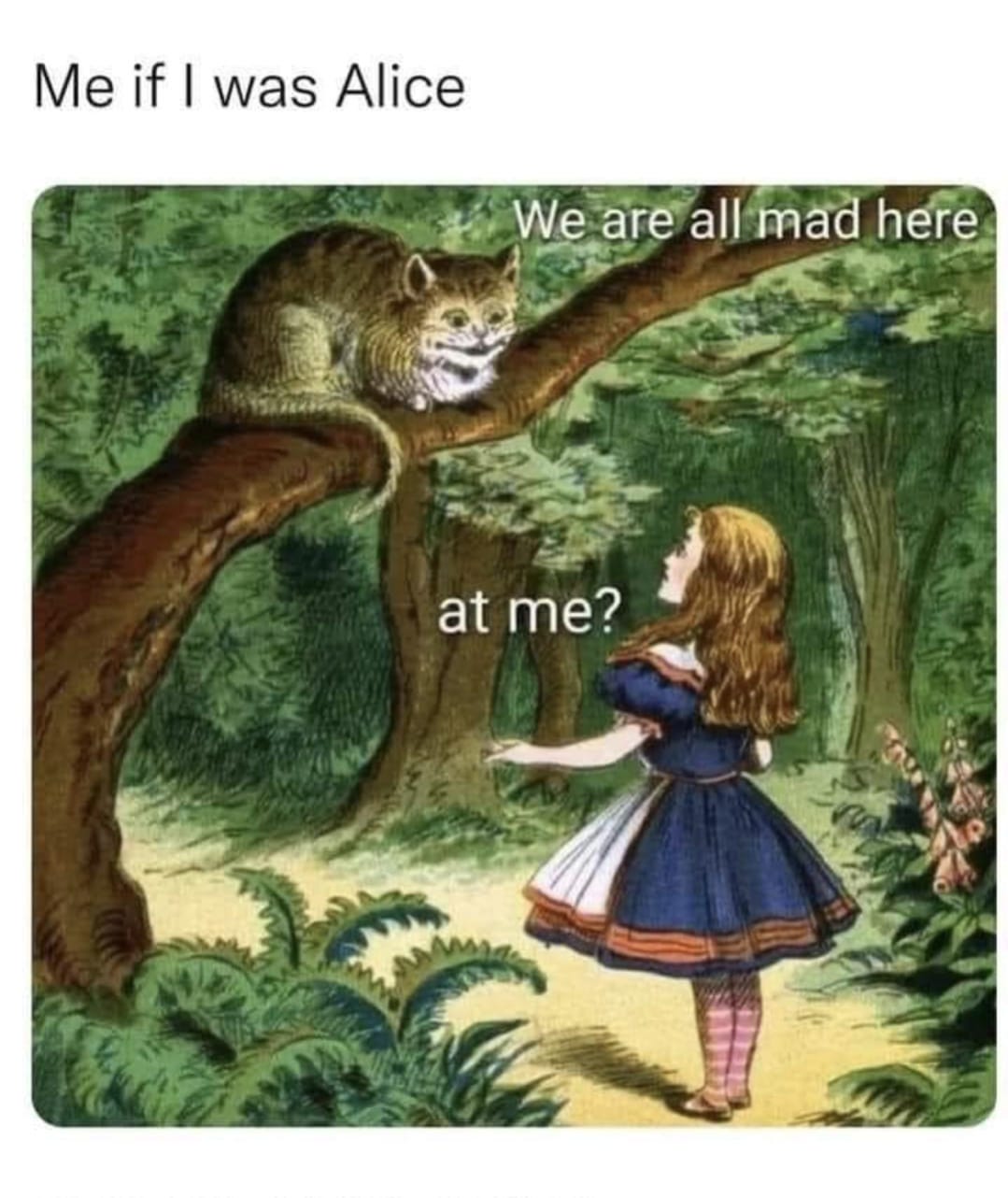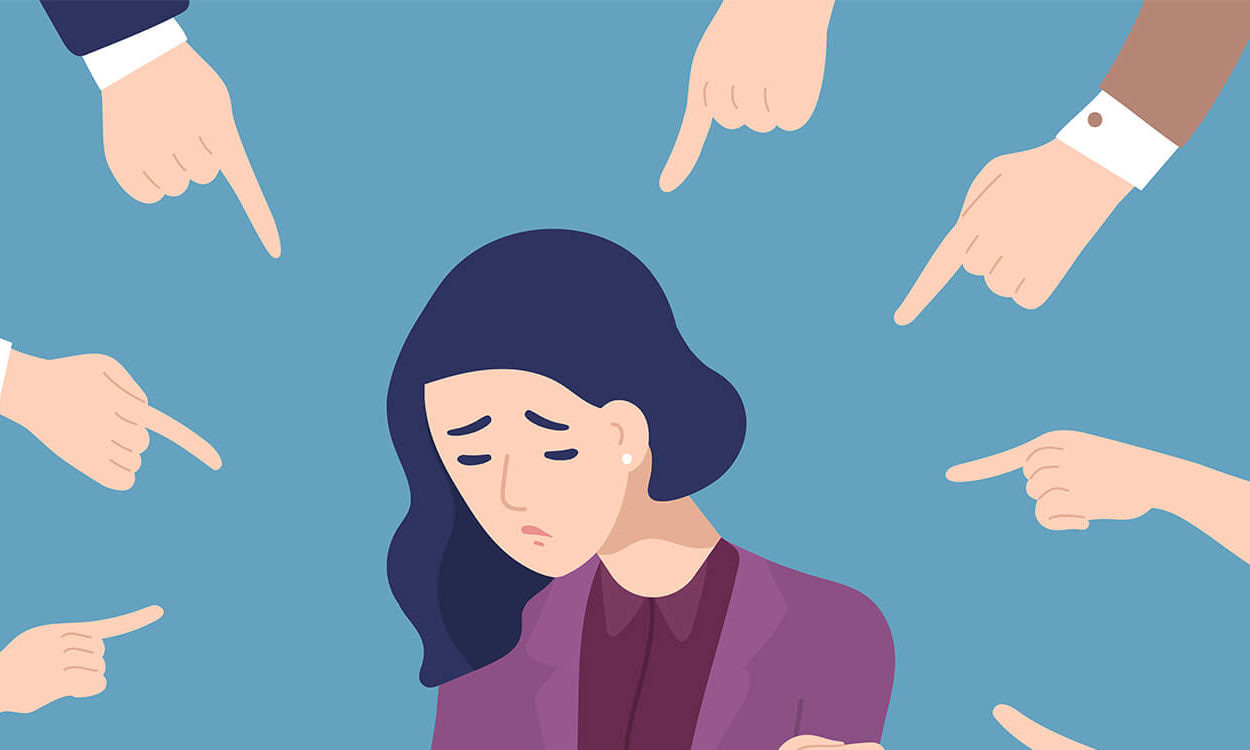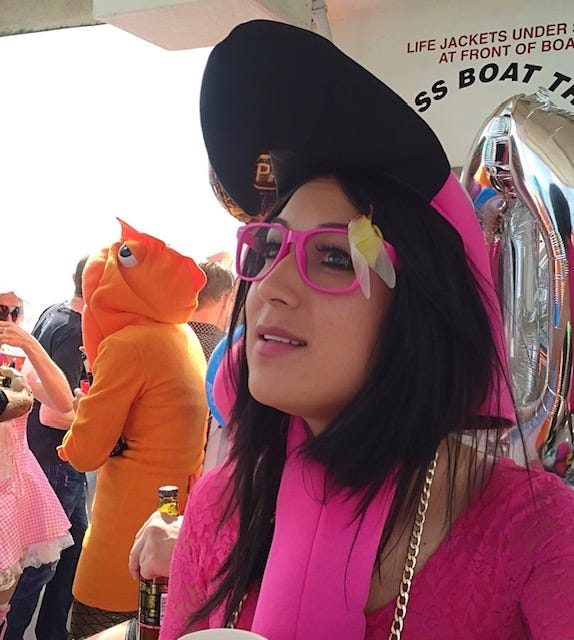Stop Weaponising Shame
I increasingly became aware of how much shame is used to manipulate behaviour in all relationships after recently starting a Neurodivergent Friendship group where we actively choose to avoid shaming
The Shame Game
Several years ago, I was at work when a few colleagues started making plans for a night out. Everyone was talking excitedly about going to a particular club that only opened at 10pm and finished at Ridiculous o’Clock.
When they asked me to come along, I replied that “10pm is my bed time so the only club I’d be hitting would be Club Duvet, but I’d be up for a day party”. I treasure my sleep and enjoy quiet and cosy evenings.
One colleague laughed and said, 'Come on, don't be so boring! Life is for living not sleeping!' Everyone laughed, and I tried to smile, but I felt really embarrassed.
Omg! I am boring. In those days that allegation bothered me much more than it does now.
I kept replaying the comment in my head. It was meant as a joke, but it made me feel like my preference for a quiet night was something to be ashamed of, like I wasn't living my life 'properly.' Even though I knew my choices were okay for me. That moment of being called out made me feel weirdly guilty for wanting to stay in.
I found myself agreeing to go, knowing that I would hate every second of it.
Spoiler alert I did!

What is shame?
Shame is a profound feeling of embarrassment, humiliation, or guilt, typically arising from the perception of having done something wrong or failed to meet social or personal standards.
It creates a sense of feeling exposed and being judged or rejected by others. Unlike guilt, which is related to a specific action, shame is more about feeling bad about yourself as a whole.

Shame is a deeply unpleasant emotional feeling triggered by the fear of losing status, respect, or acceptance within our social group. Our shame response is hard wired into our brain and really influences how we deal with others. We might not even be aware of it, but we use shame to get people to behave a certain way, whether it's in our friend groups, at work, or within any social hierarchy. When we feel shame, it is so uncomfortable that we experience a strong motivation to urgently change our behaviour to get rid of that feeling, trying to meet whatever standards others are holding us to.
Shame is a game that everyone is playing. Families, friends, colleagues, lovers. Even strangers love to play: The Shame Game. They’re all shaming each other and being shamed
What does shame feel like?
When my colleagues called me boring, I felt shame. Shame hits me like a sudden jolt, a sharp surge of rejection and an overwhelming sense of inadequacy floods me. I feel profoundly that I am a disappointment to myself and others.
This intense emotion ignites a desperate and panicky urge within me to alter my behaviour, driven by the need to win back approval and earn my place where I am accepted and respected.

Like most neurodivergents, I am particularly sensitive to shame and the dysregulation I experience from it can be intense, potentially due to rejection sensitive dysphoria, over enthusiastic stress response, low self esteem and people pleasing tendencies.
Shame and Cortisol
I am obsessed with the work of Loretta Graziano Breuning, PhD. She explores connections between human behaviours and mammalian instincts, with a focus on how neurochemicals influence emotions and social interactions. She is one of my favourite authors. Habits of a Happy Brain changed my perspective of everything. You should definitely read it.

Breuning tells us that cortisol, the stress hormone, plays a significant role in guiding mammal behaviour. Each mammal brain, she says, is constantly trying to navigate toward serotonin, a feel good chemical which is released when social dominance is successful. And we are always trying to avoid triggering cortisol, released during ‘failed’ social interactions. Cortisol is a stress hormone which feels very unpleasant and triggers fight flight or freeze responses.

When mammals feel that their social standing or acceptance within a group is under threat, their brains release cortisol. When this is experienced as humans, we call it shame.
Its all about social dominance. We may not bash our antlers together or steal food out of each others mouths or physically squabble (ok fine, maybe sometimes at x-mas parties), but mainly we use verbal put downs to establish dominance.

Subtle or not so subtle shaming is how we establish pecking orders. And that includes us.
I don’t know about you, I love guinea pigs and chimpanzees and all of the mammals, but as a species I feel its time to move on from behaving like them.
Common Subtle Shaming Phrases
Have you heard or even said any of these phrases before? They seem like just a bit of banter, nothing meant by it, but comments like these trigger shaming responses, and can have a bigger effect than you might realise. I cannot speak for neurotyopicals, but as a typically sensitive neurodivergent these comments pack a punch. We might be smiling outwardly when you say them, because we tend to mask our true feelings when we are feeling shamed. But I guarantee we will continue to ruminate on these comments for a very long time after you forgot that you said them. Potentially at 3am when we can’t sleep.
“Omg I can’t believe you want to go home already, what happened to you, you used to be much more fun."
"It's just a joke, don't be so sensitive, you take everything so seriously."
"Ha ha omg what are you like?"
"You’ve gotten really old and boring."
Or these, frequently heard by us neurodivergents
"Grow up."
‘Calm down, jeez.’
"Don't be so dramatic, it's not a big deal."
“Everyone else can manage, its only you who is complaining.”
"Everyone is a little ADHD these days."
“You don’t look Autistic.”
"You just need to learn to focus and stopped getting distracted."
"Your sensitivities are a bit over the top; you need to get used to the real world."
"I really dislike labels."
The Damage that Shame Causes
In situations where shame is used, it often leads people to change their behaviour. They might do things they don't really agree with, just to avoid feeling embarrassed or judged by others.
This is why shame is toxic. It erodes our self-worth and identity, leaving us feeling unworthy and inadequate. This diminished sense of self can lead to a diminished ability to self-advocate, causing us to ignore our own needs in favour of pleasing others. The relentless anxiety associated with avoiding shame can significantly reduce our levels of happiness. Shame can make it challenging to establish and maintain healthy boundaries, as the fear of it can make it difficult to say no to things you don’t want to do.
It can trigger a feeling of not belonging and undermines authentic connections.
When shame is a feature of your relationships, it can feel like the friendship lacks true meaning.
If you do not feel free to be yourself then is your relationship anymore than an elaborate role play?
Cortisol, triggered when shamed, is literally toxic to the body. Prolonged exposure to cortisol can lead to all sorts of health issues. There is so much info on this I cannot hyper link (choice paralysis) but google it to see for yourself.
How to do better: what shame free relationships look like
Recently I inadvertently become aware of how much shame is used to manipulate behaviour in all relationships, including friendships, family relationships, colleagues and romantic partners because of a Neurodivergent Friendship group that I started, which really flourished.
I started the group to create a safe space where we can be our authentic Neurofabulous selves. Because we are being authentic and actively protecting our safe space by showing acceptance kindness and respect towards each other, it is natural that we actively and consciously avoid shaming each other.
In our group, it is more than okay to opt out of activities, to cancel plans last minute and to leave the party early. Nobody asks for an explanation, nobody shames anyone and in fact we often congratulate each other on practicing self care when a member makes a decision to consider their needs above our expectations.
Through this wonderful group, I have come to learn that shame free relationships are characterised by open, honest communication and with everyone treating each other with respect and acceptance. In shame free relationships, individuals feel safe to express their true selves without worrying about being judged or rejected.
Benefits of shame free relationships
Shame free relationships are where it's at. They help people build deeper connections because everyone feels safe being themselves without worrying about being judged.
This authenticity builds trust and makes communication more real and meaningful.
In these relationships, you feel better about yourself, and it's great for your mental well-being. Even when disagreements happen, they're handled respectfully, talking things out instead of blaming or shaming.
There's this understanding and empathy that lets you share your true self without fear. It's all about support – celebrating the good times and helping each other through the tough ones. Everyone's valued for who they are, and that boosts self-worth big time. Boundaries are respected, and there's a healthy give-and-take, making for a space where everyone can truly thrive.
Benefits of a shame free society
Extending this to a shame-free society, the benefits could be transformative. A society devoid of shame as a social tool would likely see a significant decrease in mental health issues like anxiety and depression. People would feel more empowered to express their individuality and embrace diversity, leading to more inclusive and creative communities. In such a society, there's potential for increased innovation and collaboration, as people are not held back by the fear of judgment. Overall, a shame-free society could foster a more compassionate, understanding, and emotionally healthy populace, where the focus is on constructive growth rather than punitive measures for non-conformity.
How to go shame free
Going shame free in your relationships means creating a place where everyone can be themselves and feel fully accepted. Since a lot of shaming happens without us even realising it, deciding to go shame free has to be a conscious and active choice. It's about really accepting and respecting others as they are, quirks and all.
It's not that you have to agree with everything the other person says or does, but more about trying to get where they're coming from. And if you do have a disagreement, it's key to deal with it in a way that's respectful and doesn't leave the other person feeling judged or not accepted
Being open and honest is crucial in any healthy relationship, and that's a lot easier when there's no fear of being judged or rejected. In a shame free relationship, no one should feel like they need to change themselves to fit in. It's all about being your genuine self and accepting others for who they really are.
Next time: Shaming in the workplace...








Thank you for this - it’s the clearest explanation of shame I’ve seen. Bells ringing all over the place...
How would you think the military would be benefited or harmed applying something like these concepts?
Would you think the suicide rates (Active-duty service, or after service) would go down, or the need for behavioral health appointments reduced?